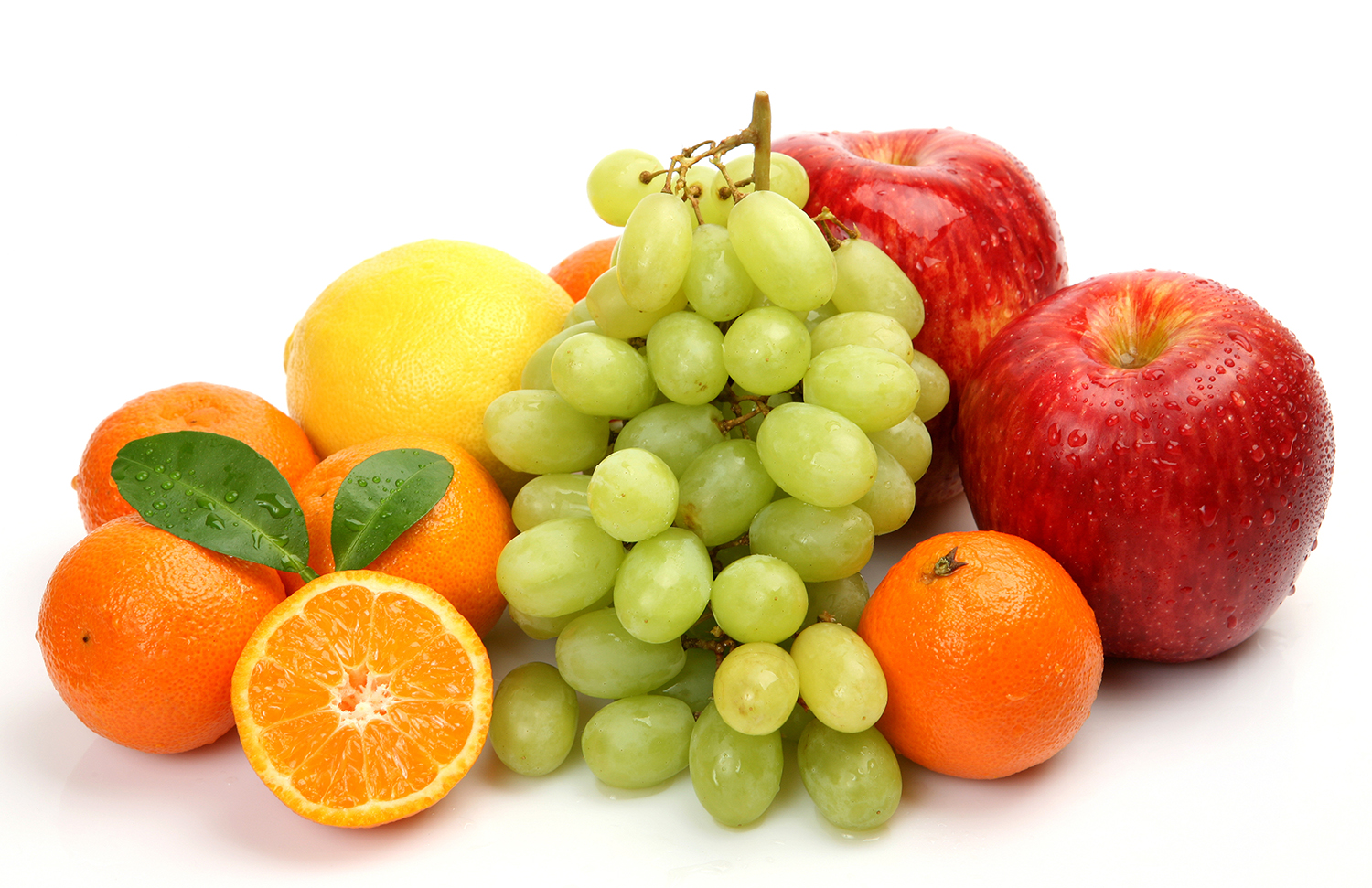Blog

Summer is here and that means many fruits and vegetables are now in season. I have recently started growing my own fruits and vegetables to try and cut back on grocery costs and I am quickly learning that I will have more than I know what to do with! I will have an abundance of berries so Yogurt Parfaits will be a staple breakfast before work and Mini Berry Pies will be a wonderful treat for dessert. Summer Bounty Salad is a great recipe to use up any vegetables you may have on hand as any vegetable can go into this and it will taste great.
Now what to do with all the extras that I have on hand? There are many ways fruits and vegetables can be stored: on the counter, in the refrigerator, or in the freezer. Storing fruits and vegetables properly keeps them tasting better for longer. Adopt the “first in, first out” method -use the oldest fruits and vegetables first to prevent them from spoiling before they are used. When stored properly, most fruits and vegetables will keep for 3-5 days or longer after being purchased from the grocery store or picked from the garden. There are 3 different ways to store fresh fruits and vegetables:
- Refrigerate: store grapes, apples, berries, cherries, broccoli, carrots, celery, leafy greens, green beans, cauliflower, and asparagus in the refrigerator at 40°F or lower to keep them fresh. Anything that has been cut up also needs to be kept in the refrigerator to prevent foodborne illness.
- On the counter: melons, tomatoes, and squash should be kept on the counter away from direct light to keep fresh. Potatoes, onions, and sweet potatoes should also be kept out of the refrigerator but in a dark place such as a pantry or cupboard.
- Ripen on counter and then store in refrigerator: avocados, nectarines, peaches, pears, and plums should be kept on the counter until they are ripe and then moved to the refrigerator to prevent further ripening.
Many fresh fruits and vegetables can be stored in the freezer for up to 6 months if the freezer is kept at 0°F or colder. I love freezing excess fruit in individual containers to add to smoothies or as a quick topper to desserts.
I hope these tips will help you with storing your fruits and vegetables! For more information, watch How to Store Fruits and Vegetables.
Amber Morales
Dietetic Intern
Iowa State University

